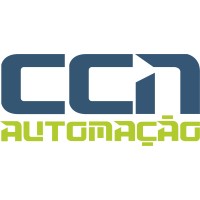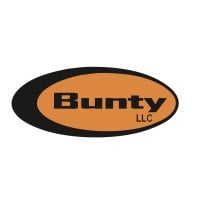
CCN Automação
Somos a CCN Automação, uma empresa de vendas e serviços do segmento de automação predial e residencial. Através de nosso corpo técnico e de rede credenciada – 'Dealers CCN', integramos com excelente qualidade produtos de última geração que compõem a mais avançada linha de produtos desenvolvida pela empresa Vimar. A CCN Automação está presente desde 1999 disponibilizando para o mercado nacional todo Know-how desenvolvido mundialmente pela Vimar, oferecendo a mais avançada tecnologia disponível no segmento de automação, além de uma equipe de engenheiros e técnicos altamente qualificada. A CCN atua geograficamente no Brasil através de 2 escritórios principais localizados nas cidades de São Paulo e Rio de Janeiro, para atender com mais rapidez e eficiência às necessidades dos nossos clientes, mantendo assim a excelência no atendimento. Além disso, contamos com uma rede de instaladores credenciados que atendem o Brasil em suas principais capitais. A CCN oferece ao mercado soluções completas de acordo com as necessidades de cada projeto, disponibilizando para nossos clientes, serviços nas seguintes áreas: •Automação: cenários, controle de persianas, home theater, etc. •Sistema Anti-intrusão VIMAR: um completo sistema de segurança integrado com o sistema de automação. •Controle de Acesso •Sistema de conforto: ar condicionado A CCN Automação mantém grande estoque no Brasil, afim de atender rapidamente qualquer necessidade de reposição ou expansão do sistema instalado.






